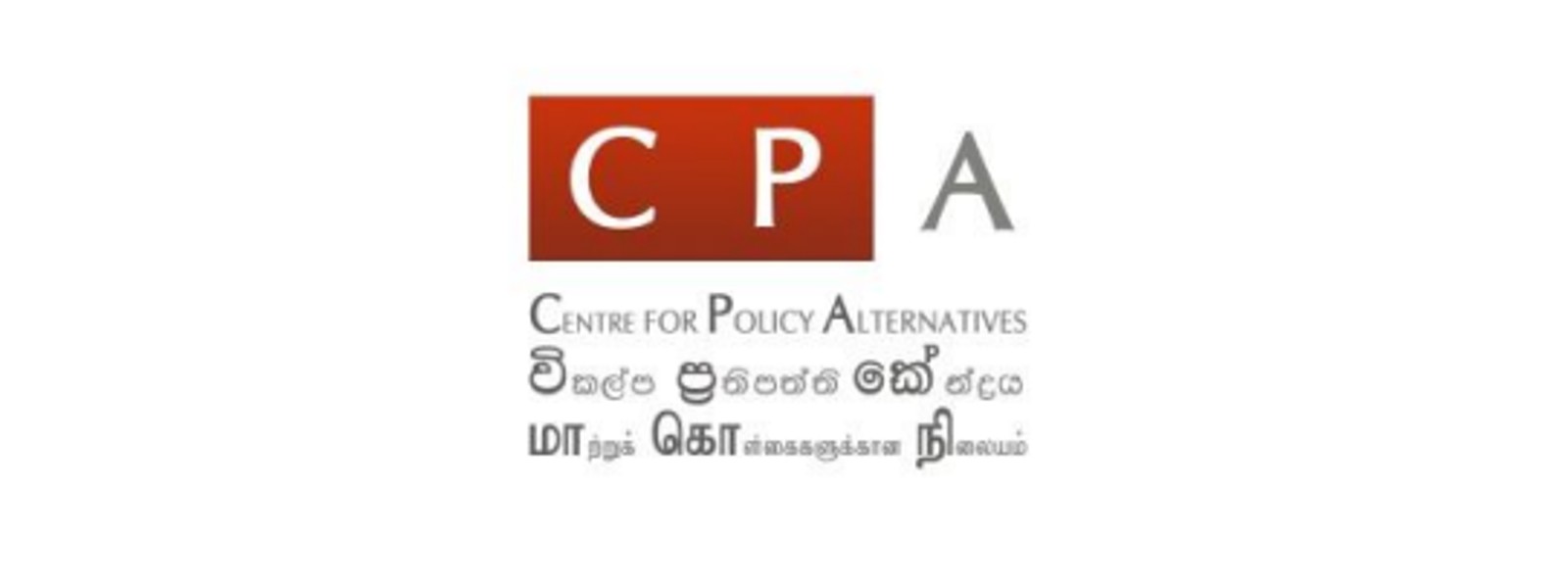.webp)

CPA voices concern over revised Anti-Terror bill
The Centre for Policy Alternatives (CPA) notes that the revised Bill of the proposed Anti-Terrorism Act (ATA)continues to include problematic provisions, such as the overbroad framing of the offence of terrorism, authorizing prolonged detention without charge including with extended remand periods, excessive powers granted to the executive to the detriment of the judiciary and fundamental rights, and perpetuating militarization.
In particular, CPA is concerned with the provisions relating to curfew orders, which are patently unconstitutional and which seek to further expand the power of the Executive President.
Further, CPA notes that the proposed ATA is the latest attempt to expand the power of the Executive President, contrary to the demands of the people to abolish the office evidenced most recently with the Aragalaya in 2022.
Despite the demands for greater political accountability and a change in governance, the proposed ATA entrenches powers with the executive including broad powers to proscribe organisations, issue restriction orders and regulations and stipulate prohibited places.
CPA reiterates its concerns regarding the problematic process of the government’s belated and rushed efforts to extensively amend the ATA, particularly the limited scope for inclusive consultation and transparency in drafting the ATA.
The Centre for Policy Alternatives sai that genuine consultation requires inclusivity and transparency in consulting communities / individuals who have been directly impacted by the use of such laws as the Prevention of Terrorism Act (PTA), including long term detainees and their next of kin, in order to understand the impact of the PTA, the torture, and abuse it has facilitated.
Moreover, the ATA is introduced in a context where anti-terror laws have been used and abused in Sri Lanka, which raises critical concerns as to how the proposed ATA may also be prone to such practices in a culture harbouring abuse and impunity, said the CPA.
CPA calls upon the government to withdraw the proposed ATA, and reiterates that any new process for drafting an anti-terror law should be transparent, accountable and be the product of a robust consultative process between all the relevant stakeholders and in adherence to international standards.
Other Articles
Featured News





.png )





-755421-755635_550x300.jpg)



-755617_550x300.jpg)
-755574_550x300.jpg)
.gif)








.webp)






